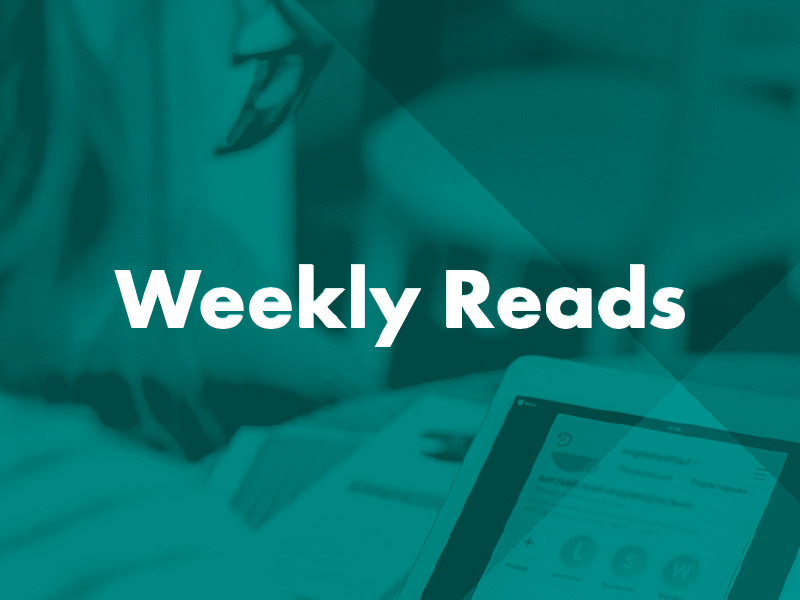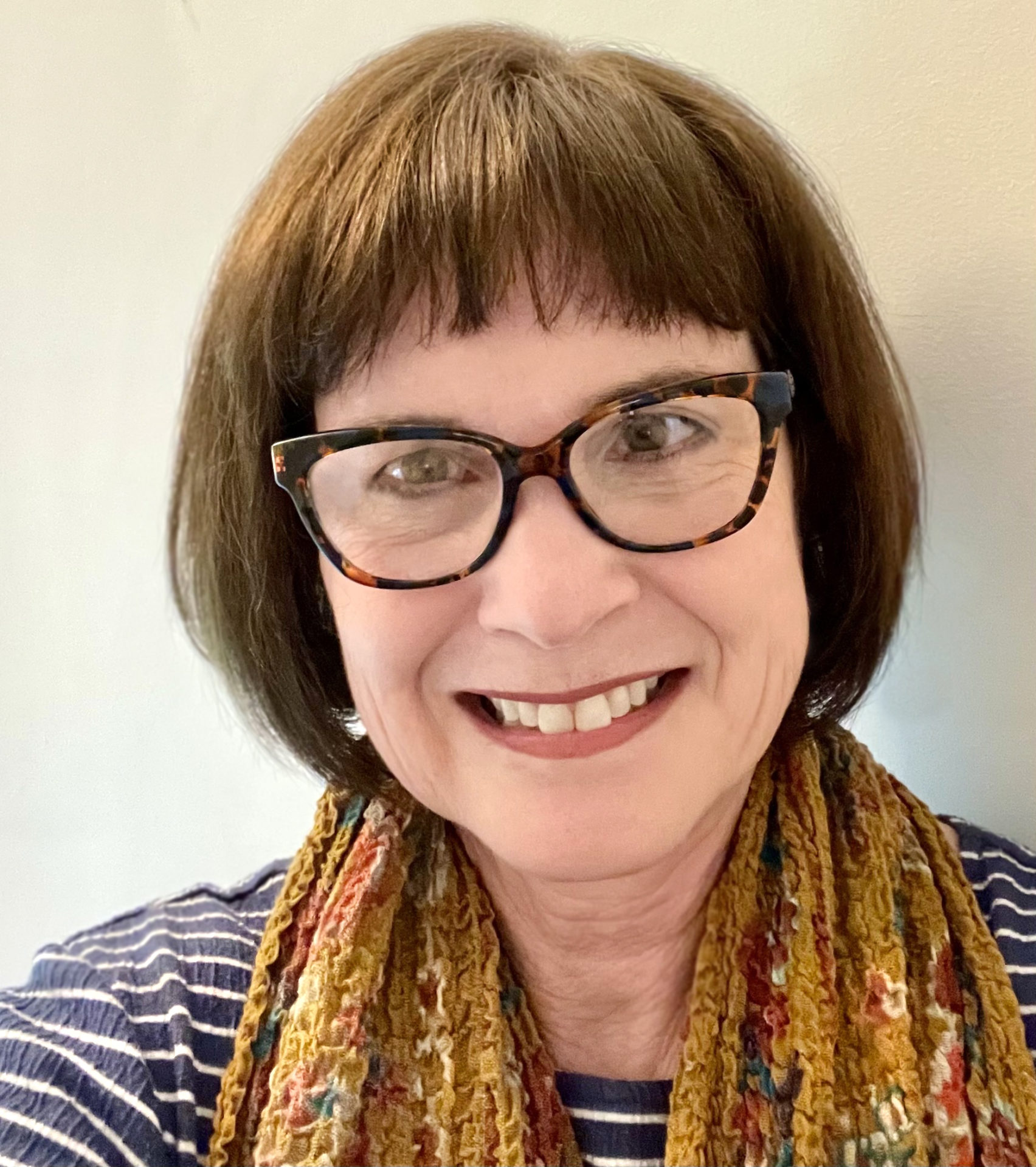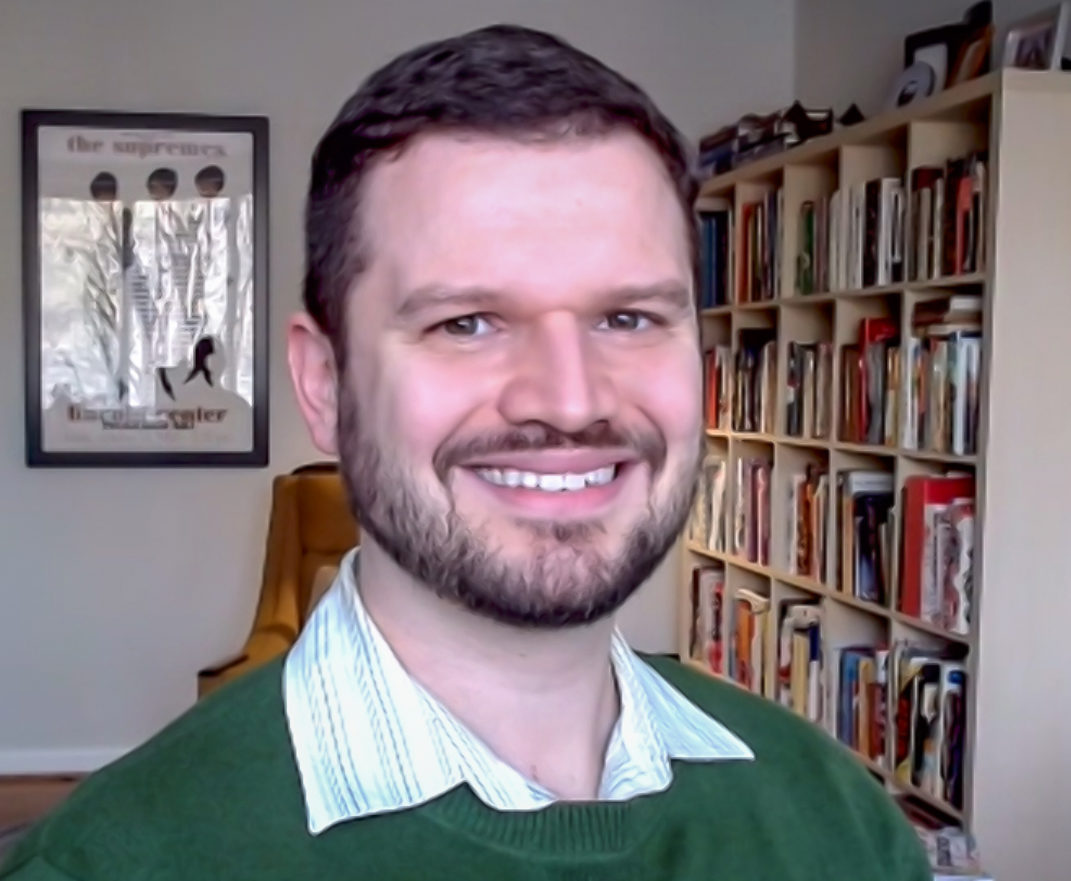Weekly Reads—March 11, 2022

Enjoy PEAK’s weekly roundup of timely insights from the grantmaking community and beyond.
“To build trust, we must share what we’re thinking and learning, and admit that we don’t have all the answers. As a funder, we must acknowledge our position of power and actively shift the dynamics to empower others. Self-reflection is key. Trust flourishes with honesty, when people admit they are wrong, take responsibility, and change their behavior—regardless of whether that behavior was intentionally harmful. We’ve learned a lot about the difference between intent and impact in the last few years of our equity work. We must understand and focus on our impact, despite the good intentions we had at the outset.” [more]
Shelley Trott, Kenneth Rainin Foundation
“Changing politics and climatic conditions are increasing the frequency and severity of global humanitarian crises. External actors—including philanthropic organizations—cannot be knowledgeable about all of the various communities affected by disasters. … Successful processes of returning power and decision-making to representatives of affected communities requires the humility, sensitivity and trust of funders in listening carefully to the expressed needs of the community and acknowledging the cultural contexts in which these decisions are being made. And, as noted previously, in some cases this may require support for increasing the administrative capacity of these local representatives.” [more]
Disaster Philanthropy Playbook
“All funders are disaster philanthropists: Even if your organization does not work in a particular geographic area or fund immediate relief efforts, you can look for ways to tie disaster funding into your existing mission. If you focus on education, health, children or marginalized populations, disasters present prime opportunities for funding.” [more]
The Center for Disaster Philanthropy

